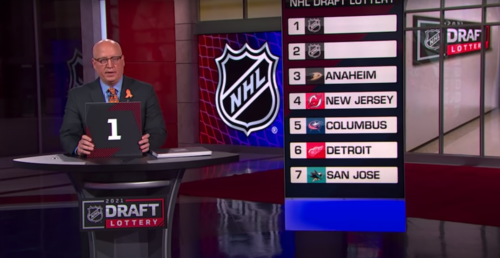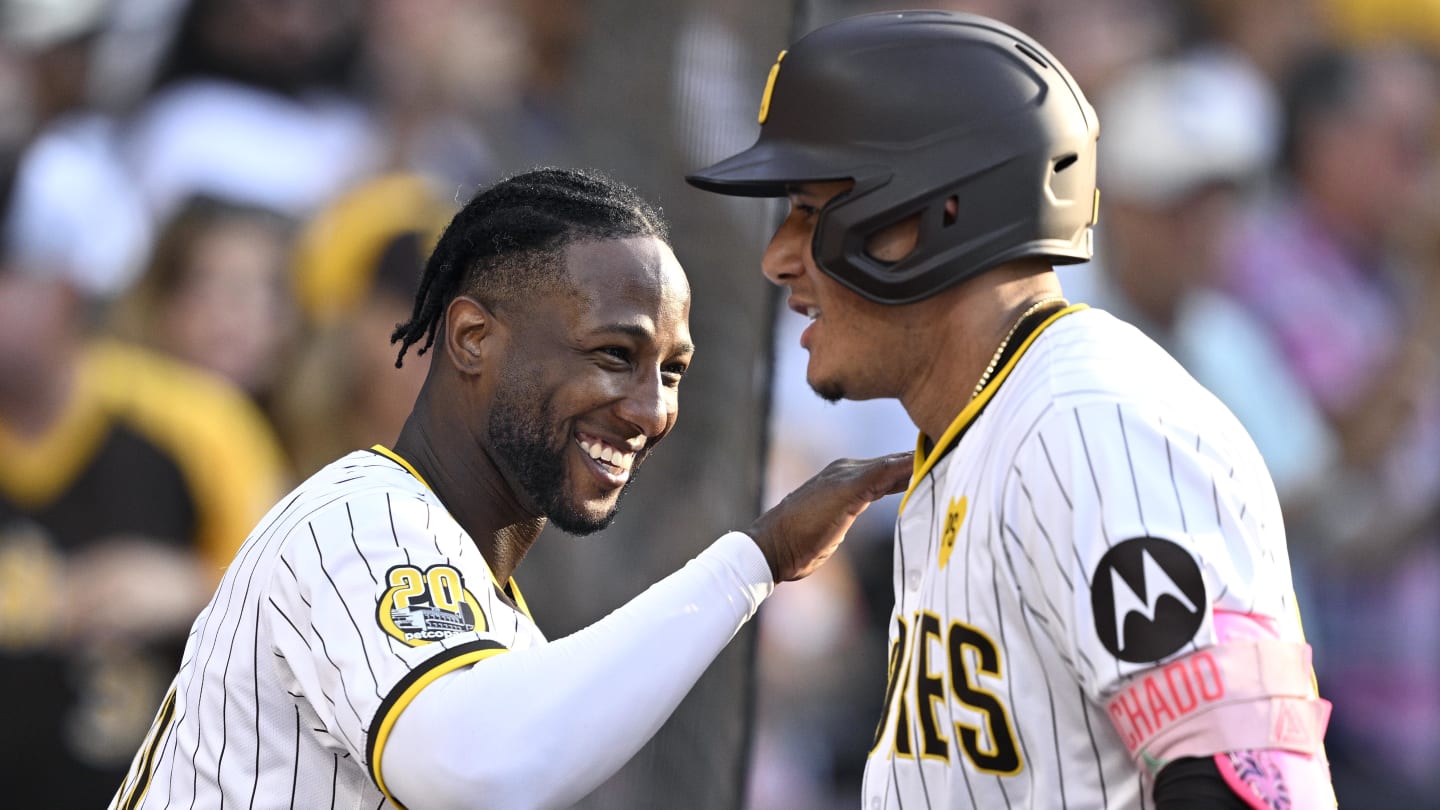Analyzing The Controversial NHL Draft Lottery Rules

Table of Contents
Understanding the Current NHL Draft Lottery System and its Probabilities
The current NHL Draft Lottery system employs a weighted probability system, designed to favor teams with the worst records. The 16 teams that did not make the playoffs are entered into a lottery for the first three overall picks. The team with the worst record has the highest probability of winning the first overall pick, with decreasing probabilities for the other teams. Key aspects of the system include:
- Number of Lottery Teams: Sixteen teams that missed the playoffs participate.
- Probability Percentages: The exact percentages fluctuate slightly year to year but generally follow a weighted system, heavily favoring the team with the worst record. The team with the worst record historically has around a 18.5% chance of winning the first overall pick, while the chances decrease significantly for teams further down the standings. The second and third overall pick probabilities are also weighted towards the lower-ranked teams, though with lesser probability than the first overall.
- Multiple Lottery Picks: A team can only win the first overall pick once, even if it has multiple lottery entries.
- Reverse Order: Teams that don't win a lottery pick are assigned draft positions in reverse order of their regular season standings.
The following chart (insert a chart here visualizing the probabilities for each lottery position) further illustrates the probability distribution of the lottery picks, clearly demonstrating the significant advantage held by teams with the worst records and highlighting the use of keywords such as "lottery odds," "draft pick probabilities," and "NHL draft order."
Criticisms and Arguments Against the Current System
Despite its intention to promote parity, the current NHL Draft Lottery system faces significant criticism. Many argue that:
- The system isn't truly random or fair. Concerns exist regarding potential biases or the perception of manipulation within the lottery process. Transparency is often cited as an area needing improvement.
- Tanking is incentivized. The current system encourages "tanking," the strategic losing of games to improve lottery odds. This practice undermines the competitive integrity of the NHL, devalues regular season games, and can negatively impact team morale and fan engagement. Keywords such as "NHL draft lottery reform," "tanking in the NHL," and "NHL lottery manipulation" are frequently used in this discussion.
- Disproportionate Benefits and Disadvantages: Certain teams have significantly benefited from the lottery, while others have faced prolonged periods of futility, further exacerbating the competitive imbalance within the league.
- Calls for reform are constant. The need for alternative lottery proposals and a fairer system is a common theme in discussions surrounding the NHL Draft Lottery.
Proposed Alternatives and Potential Reforms to the NHL Draft Lottery
Numerous alternatives have been proposed to address the shortcomings of the current system. These include:
- Complete Randomization: A system where all sixteen teams have an equal chance of winning each lottery pick. This would eliminate the incentive to tank, but critics argue it could further disadvantage struggling franchises.
- Slight Weighting, Reduced Tanking Incentive: A system that still favors worse-performing teams but with less dramatic probability differences, mitigating the temptation to tank excessively. This could involve a flatter probability curve.
- Altering the Lottery Structure: Increasing the number of lottery picks or changing the number of teams eligible for the lottery could also influence the system's fairness and impact.
Each proposed alternative presents trade-offs. Complete randomization eliminates tanking but risks exacerbating existing competitive imbalances. Subtle weighting offers a compromise, but finding the right balance remains challenging. Using keywords like "NHL lottery alternatives," "NHL draft lottery improvements," and "fairer NHL lottery system" aids in finding relevant information on these proposed solutions.
The Long-Term Impact of the NHL Draft Lottery on League Competitiveness
The NHL Draft Lottery significantly impacts the league's long-term competitive balance. The acquisition of top draft picks, especially generational talents, can dramatically alter a team's fortunes, sometimes for decades. This impact is felt disproportionately by smaller market teams, who may rely more heavily on successful lottery outcomes to compete with larger market teams that have greater financial resources. The long-term effects of tanking on team development, organizational culture, and fan engagement are also significant concerns. The keywords "NHL competitive balance," "NHL draft lottery impact," and "small market teams NHL" are relevant to discussions on this topic.
Conclusion: Rethinking the NHL Draft Lottery for a Fairer Future
The NHL Draft Lottery, while intended to foster competitive balance, has become a contentious issue. The current system's weighted probabilities, while favoring weaker teams, inadvertently incentivize tanking, raise concerns about fairness, and create a debate about its long-term effects on the NHL's competitive landscape. Proposed reforms, ranging from complete randomization to systems with gentler weighting, aim to address these issues, but finding a solution that balances fairness, competitive balance, and the discouragement of tanking remains a challenge. What are your thoughts on the current NHL draft lottery rules? Share your opinions and proposed reforms in the comments below, and let's continue the discussion about improving the NHL draft lottery system! Let's continue the conversation about the NHL draft lottery, NHL lottery reform, and the ongoing NHL draft lottery debate.

Featured Posts
-
 Sensex Rises These Stocks Jumped Over 10 Today On Bse
May 15, 2025
Sensex Rises These Stocks Jumped Over 10 Today On Bse
May 15, 2025 -
 Custody Battle Anthony Edwards And His Childs Mother
May 15, 2025
Custody Battle Anthony Edwards And His Childs Mother
May 15, 2025 -
 Deadly Eastpointe Shooting Update On Foot Locker Incident
May 15, 2025
Deadly Eastpointe Shooting Update On Foot Locker Incident
May 15, 2025 -
 2025 Padres Baseball Full Broadcast Schedule Unveiled
May 15, 2025
2025 Padres Baseball Full Broadcast Schedule Unveiled
May 15, 2025 -
 Kim Kardashian Testifies On Paris Robbery Describes Fear Of Assailants
May 15, 2025
Kim Kardashian Testifies On Paris Robbery Describes Fear Of Assailants
May 15, 2025
